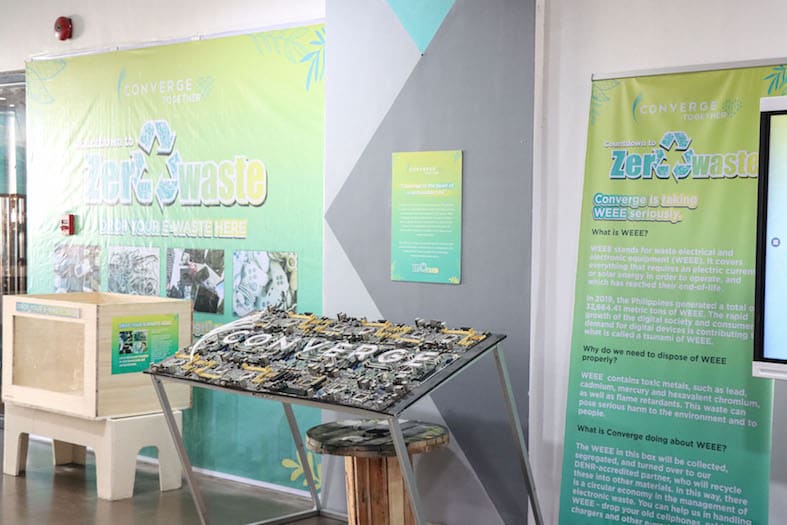“Though protected by her status as a journalist, she has faced harassment—placed on a watchlist following the release of 2006’s ‘My Country, My Country’”
By Francois Becker
Laura Poitras has made herself the conscience of the United States with groundbreaking films about the occupation of Iraq, tech surveillance, and now the opioid epidemic. She is proud to call herself a troublemaker.
“I think it’s so important to document histories of struggle,” the 59-year-old filmmaker told AFP during a visit to Paris to promote her latest film, “All the Beauty and the Bloodshed.”
The documentary, which won the Golden Bear in Venice and is up for an Oscar on Sunday, tells the story of renowned photographer Nan Goldin and her fight to shame the Sackler family who own the pharmaceutical firm behind painkiller Oxycontin, blamed for hundreds of thousands of deaths.
From the Oscar-winning “Citizenfour” about whistle-blower Edward Snowden, to “Risk” about Wikileaks founder Julian Assange, and “My Country, My Country” about the US occupation of Iraq, she sees all her films as “an indictment of US power and the US government.”
In the case of her new film, “we have a company and a family that have been promoting a drug that is getting people addicted and causing mass overdoses, and (the government) did nothing, and there was evidence going back two decades that it was killing people,” she said.
Though she was nervous about sharing the most intimate details of Goldin’s traumatic life, it was naturally a less terrifying process than her work on “Citizenfour.”
“This was more of a collaboration than my relationship with Edward Snowden,” she said.
“In both cases there was a huge responsibility… but with Edward Snowden I literally had his life in my hands. If I made a mistake he could be imprisoned or worse.”
‘Outrageous’
Born into a wealthy family in Boston, it was the aftermath of the attacks of September 11, 2001 that catalysed Poitras’s career.
“Watching this kind of global dominance and occupation and torture and ‘black sites’—these things were outrageous and I guess I felt I needed to respond to that,” she said.
“Good journalism should be troublemaking. Bad journalism is about getting access to power… those people aren’t really troublemakers.”
Although her portrait of Assange in 2017’s “Risk” was far from entirely positive, she says the efforts to extradite him to the United States as “the biggest threat to journalism today.”
“I’m guilty of violating the Espionage Act. If you’re going to target Julian then you’re targeting anyone who’s done national security reporting and exposed documents.
“People have been so silent (on Assange’s case). Europe should step in and provide asylum,” she added.
Though protected by her status as a journalist, she has faced harassment—placed on a watchlist following the release of 2006’s “My Country, My Country,” leading to frequent detentions for questioning at airports.
“I think I hit a nerve, but I’m proud that I hit the nerve,” she said.
Does she think the Biden administration is still watching her?
“That’s a question for the government,” she said with a smile.








